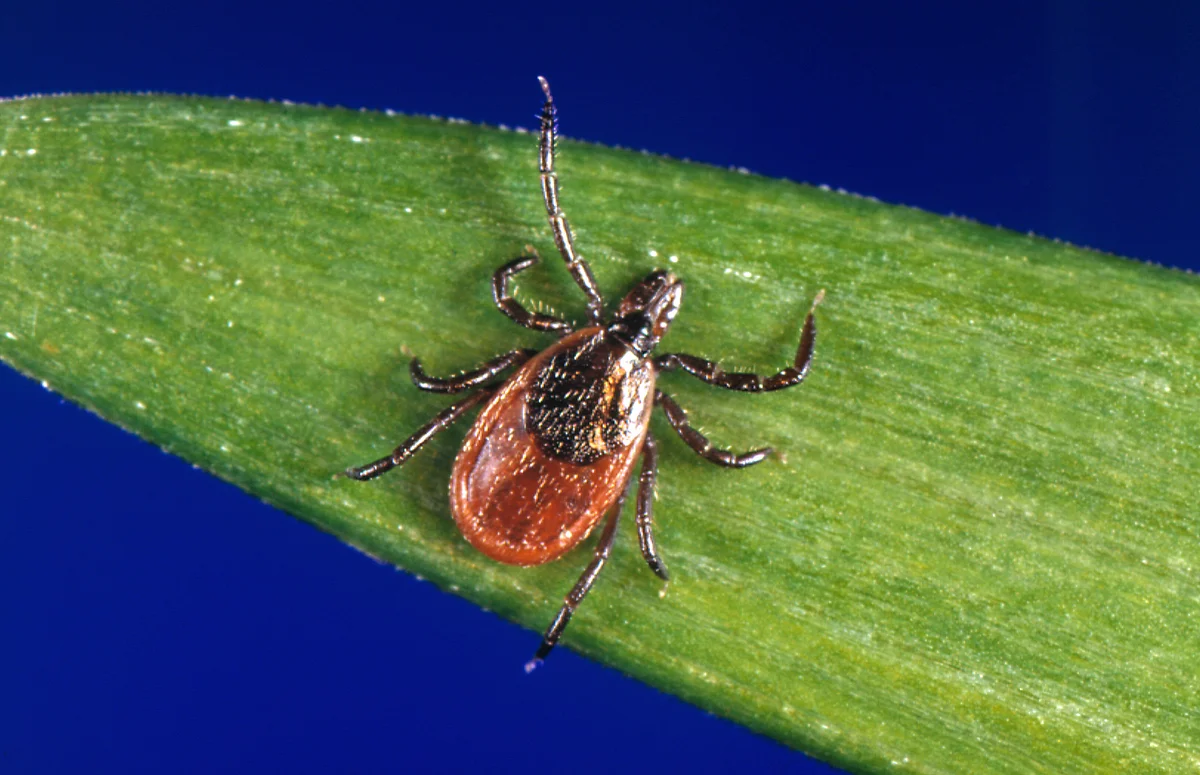How genetically modified mice could save a Massachusetts vacation town from a disease outbreak
By Isabel Keane
Copyright independent

Genetically modified mice may soon be able to keep residents of a Massachusetts beach town from becoming infected with Lyme disease, an ailment already impacting 15 percent of the population, according to a report.
Scientists on Nantucket, a small island off the coast of Cape Cod, are targeting wild mice, the main host of Lyme bacteria, to try and prevent further outbreaks of the disease.
The researchers hope that by genetically engineering the mice to be immune to Lyme – and then releasing them on Nantucket – the population of mice capable of spreading the disease on the island will shrink, CBS News’ “60 Minutes” reported.
Lyme, a bacterial infection caused by being bitten by an infected tick, can cause a wide range of symptoms, including fever, rash, facial paralysis, irregular heartbeats and arthritis.
Nantucket’s tick problem began in the 1920s, when two female deer were brought to the island to give a lone buck company. Because ticks feed on deer, the population only grew as more deer were born on the island.
Matters only got worse in the 1950s when half the island was placed into conservation, creating an untamed landscape perfect for Lyme to rapidly spread.
While deer spread the disease, white-footed mice are the main host of the bacteria, according to the report.
“We have a problem with tick-borne disease because we engineered the environment to maximize the number of ticks and maximize the number of mice that are the best hosts of Lyme disease,” Kevin Esvelt, a genetic engineering pioneer and associate professor at MIT, told CBS. “It came back and bit us, literally.”
Esvelt, who runs Mice Against Ticks at his MIT lab, and researcher Joanna Buchthal have researched for the past nine years whether they can genetically modify the mice to prevent Lyme disease, according to the report.
Their efforts, which include adding a gene for an antibody to the mouse through an injection, will create mice that are born immune to Lyme.
Their proposed plan would release thousands of engineered mice onto Nantucket, starting in the winter when the native mouse population is low. Since the new, immune population of mice wouldn’t spread Lyme to ticks, the researchers believe that as the immune population of mice grows, cases of Lyme disease will decline.
The scientists have presented their findings to Nantucket locals at a series of town halls; however, the initiative still needs their approval before it can move forward.
If federal and state regulators agree, they will be able to trial release the engineered mice on a small field on a private island before bringing them to Nantucket.
Lyme can be treated with antibiotics, but it can cause serious health implications if left untreated. In those cases, the infection can spread to the heart, joints and nervous system. Lyme disease is rarely fatal, according to the Centers for Disease Control and Prevention.
The disease affects nearly 500,000 people in the U.S. each year, according to the CDC.



